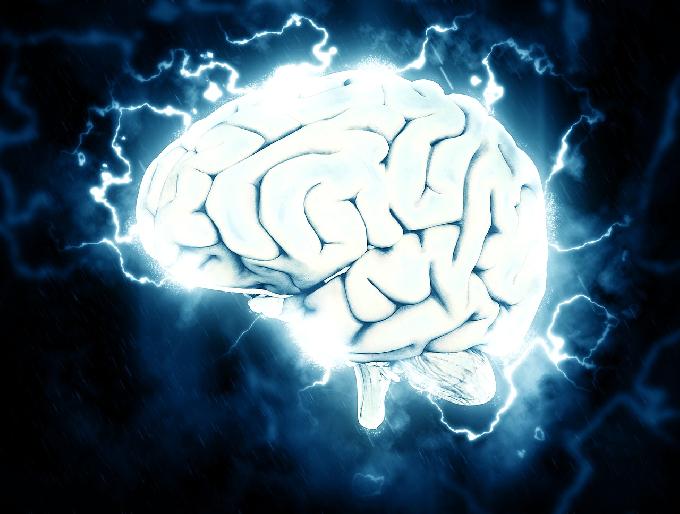New research suggests a connection between brain structure and depression. Specifically, a recent study found that individuals with depression have a significantly larger frontostriatal salience network (FSN) in their brains compared to those without the condition.
The FSN is a key part of the brain’s reward system, helping individuals prioritize tasks and focus on important information. Interestingly, researchers believe that an enlarged FSN in people with depression may lead to difficulties in regulating emotions and thoughts, thereby contributing to the symptoms of the disorder.
“We found that the frontostriatal salience network is expanded nearly twofold in the cortex of most individuals with depression,” write the researchers in their published paper. Moreover, “this effect was replicable in several samples and caused primarily by network border shifts, with three distinct modes of encroachment occurring in different individuals.”
Implications of the Study
This groundbreaking research could have several important implications:
- Early Detection: Identifying individuals with an enlarged FSN could potentially help in early detection and prevention of depression.
- Targeted Treatments: Understanding the role of the FSN in depression may lead to the development of more targeted and effective treatments.
- Improved Understanding: This study provides valuable insights into the neurobiological underpinnings of depression, helping to dispel misconceptions and stigma surrounding the condition.
Overall, it is encouraging that researchers are continually uncovering more about how depression and its treatments impact the brain. Although we understand that a range of factors, including environmental and genetic, play a role, we are steadily moving closer to finding more answers and developing improved treatments.







